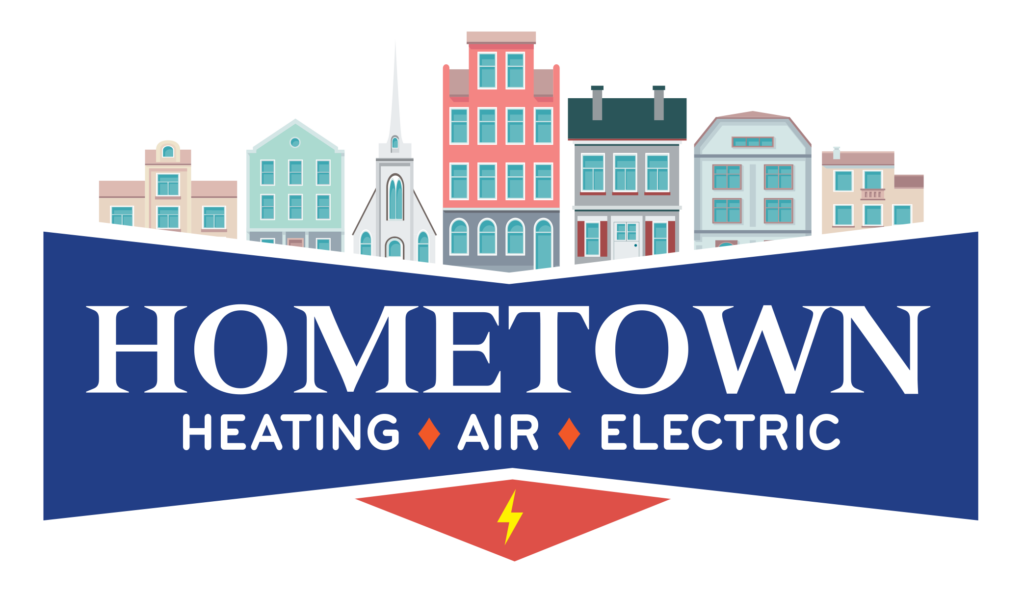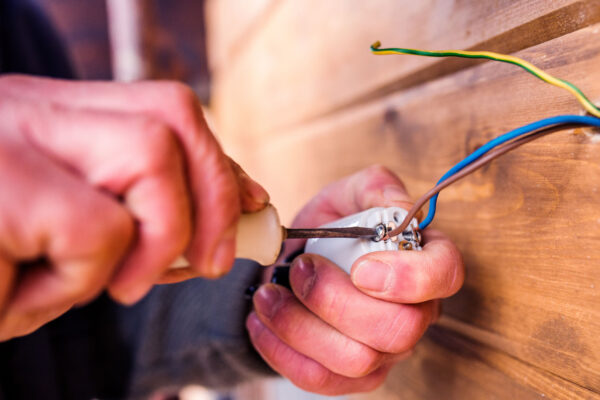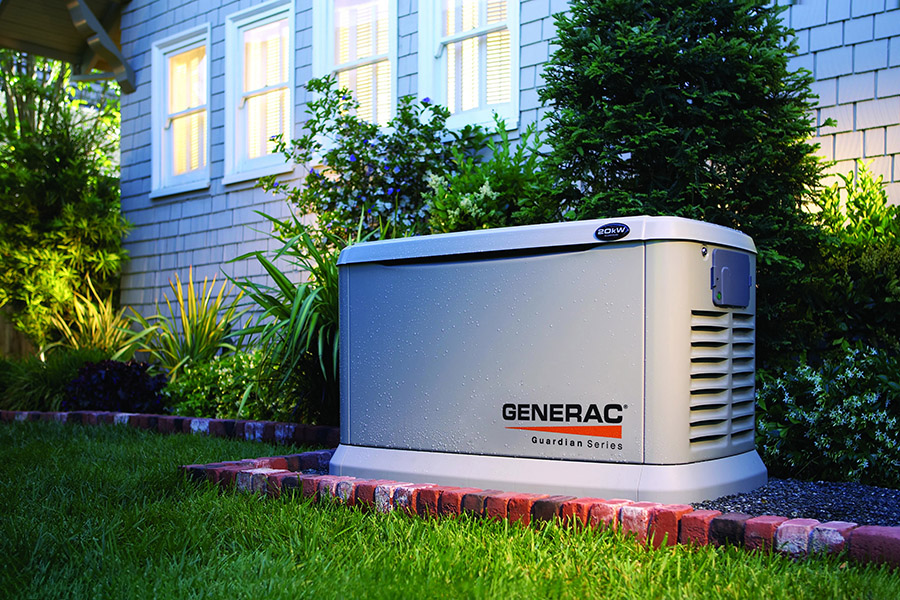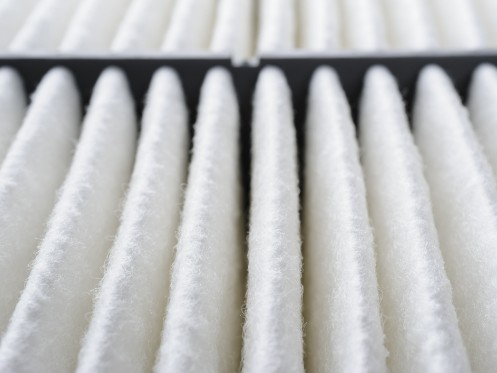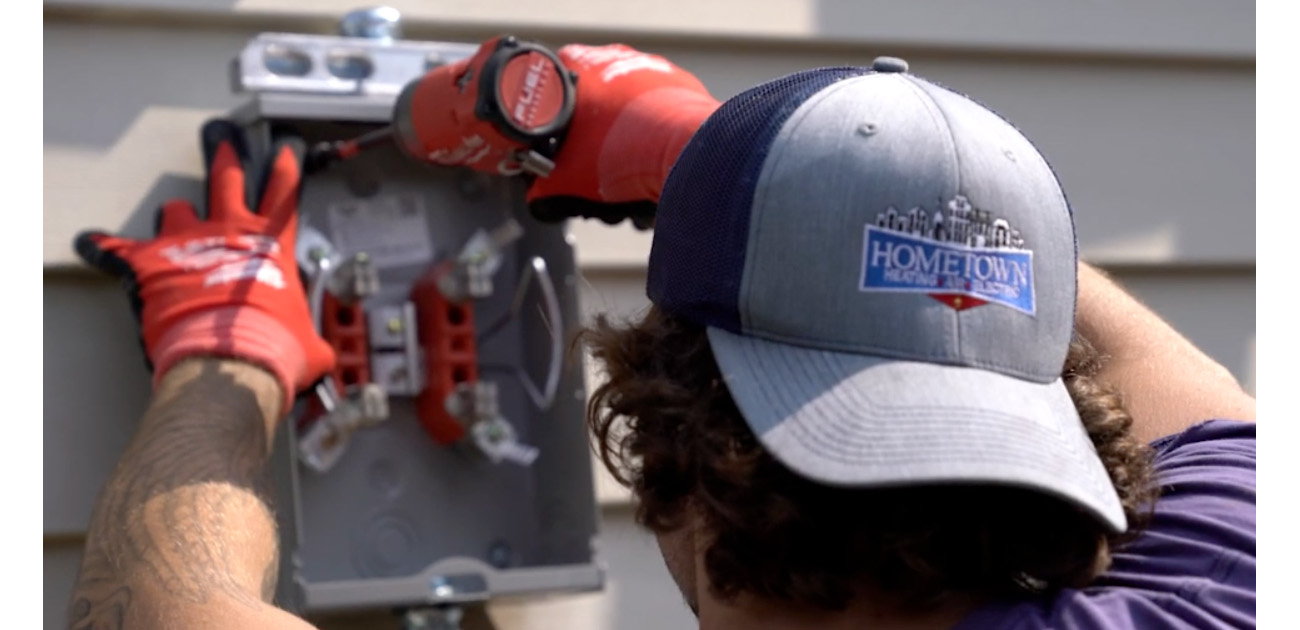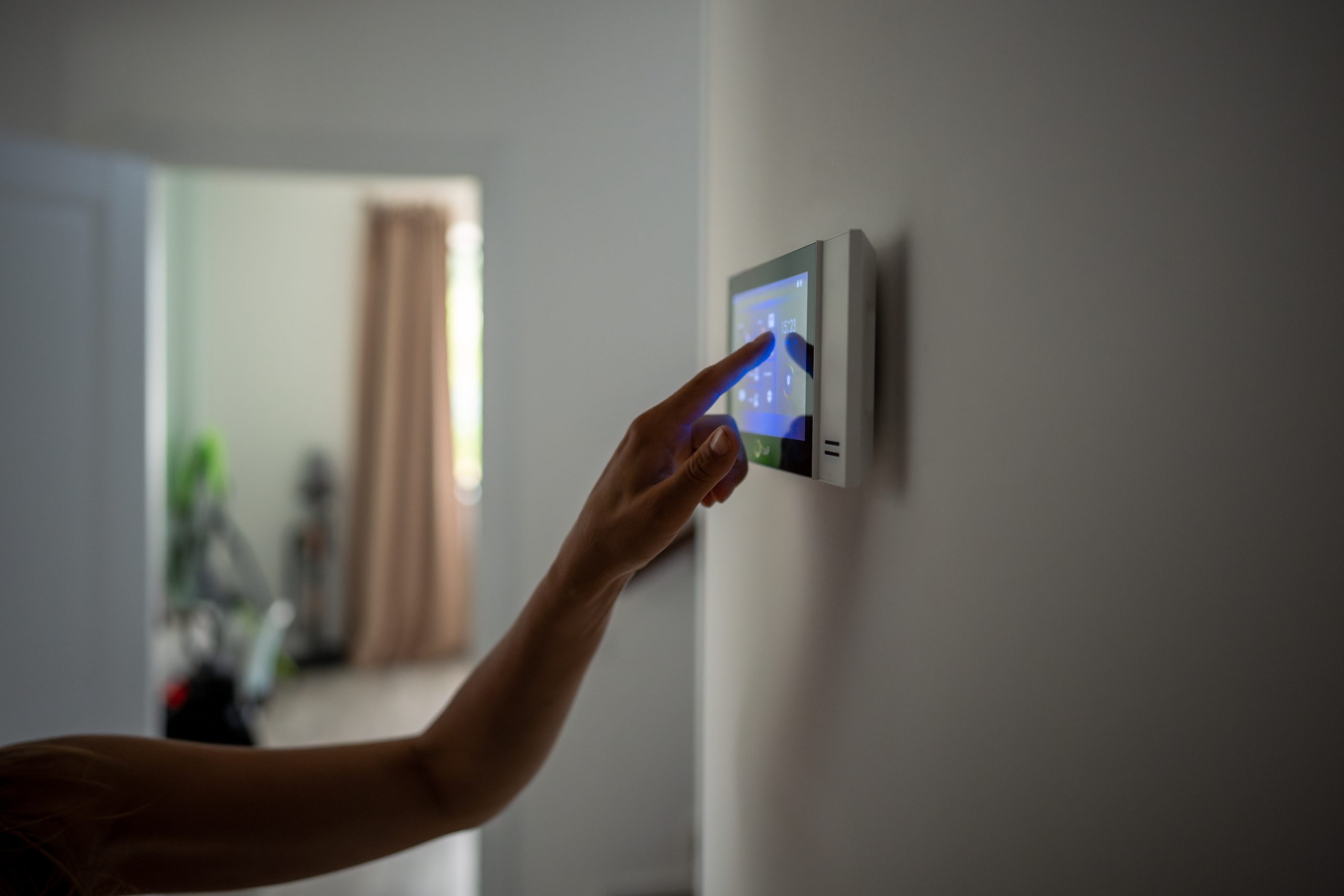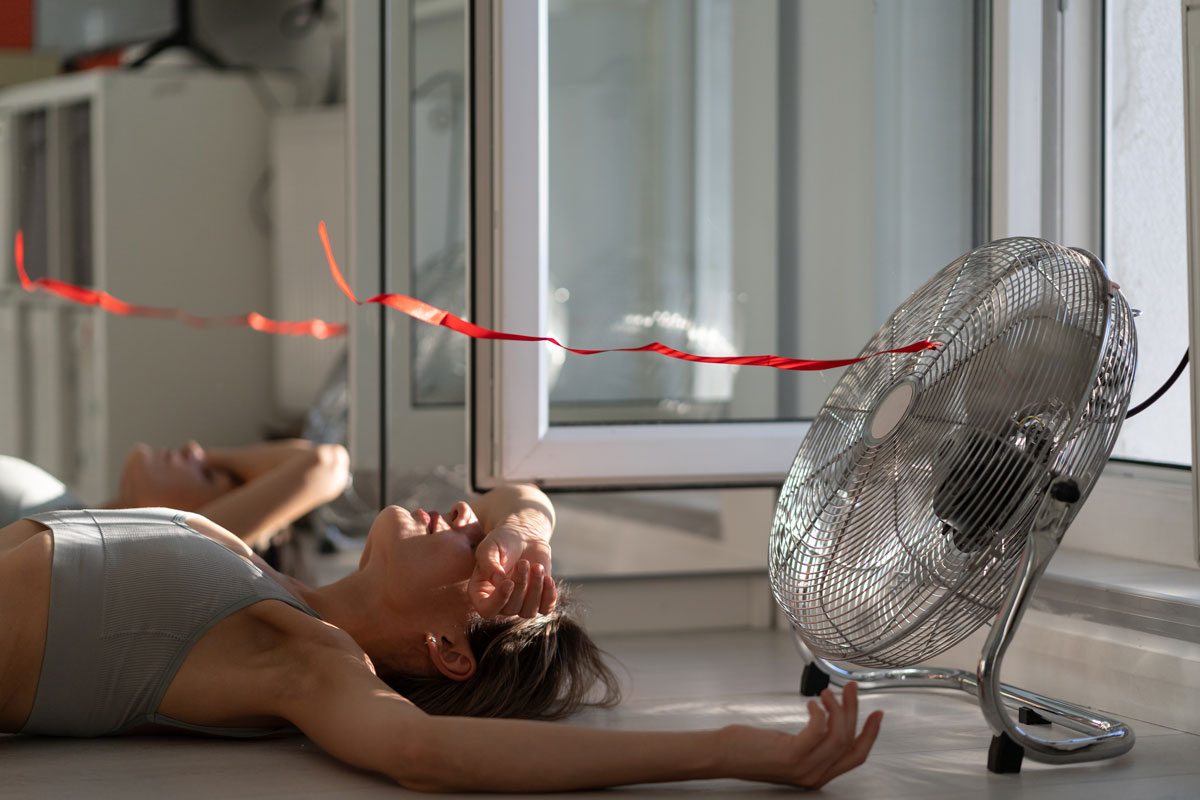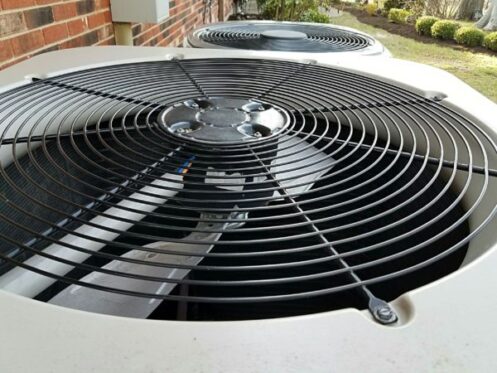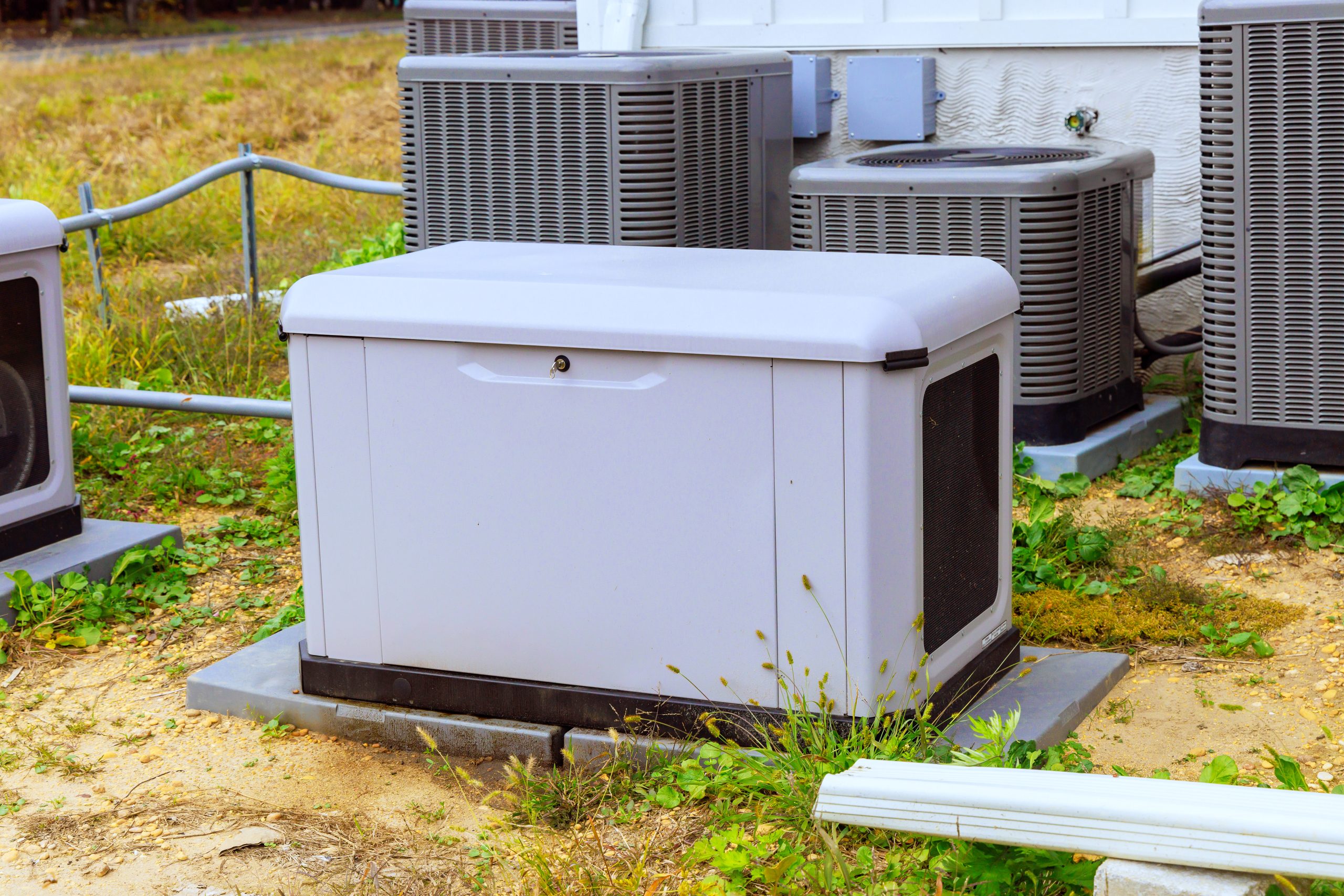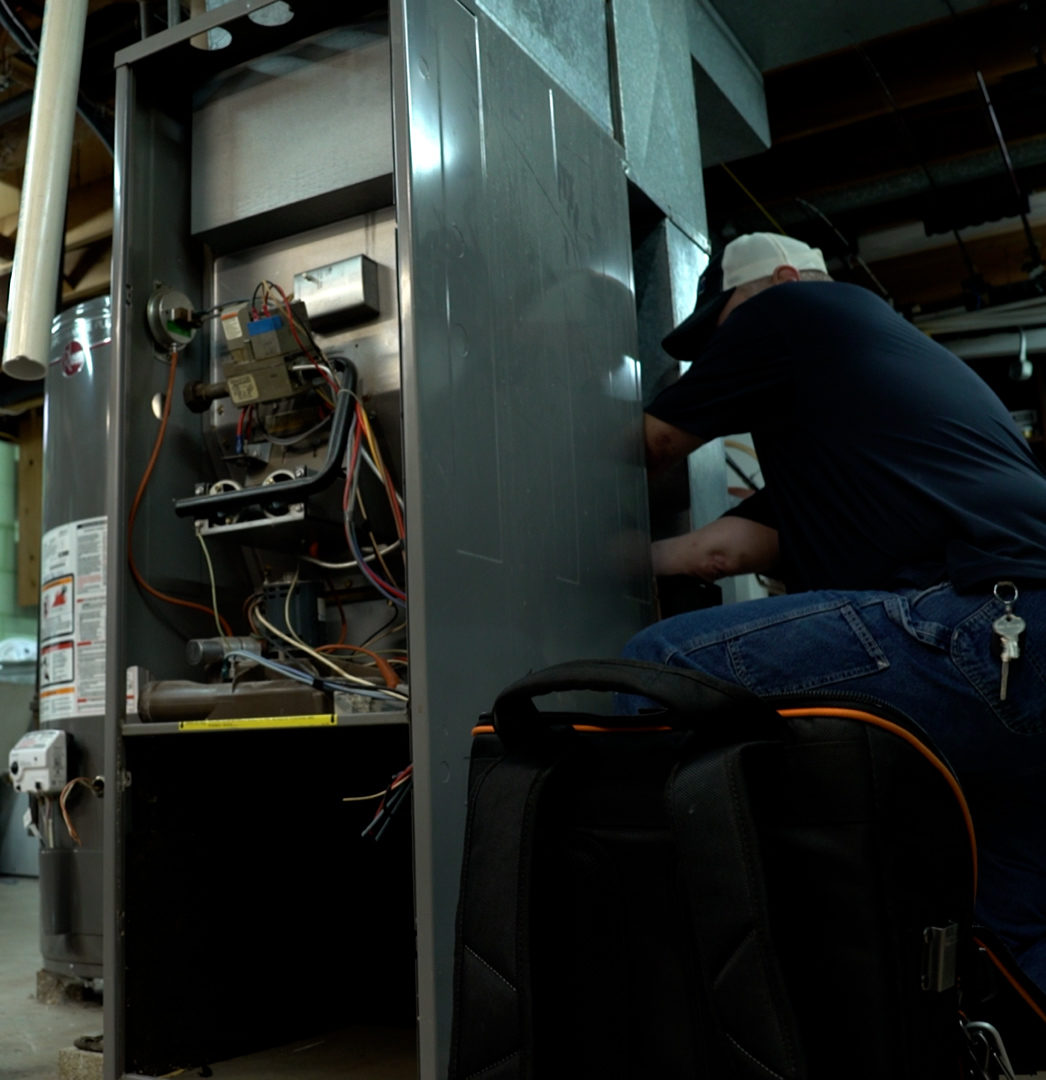Spring is more than just warmer weather in Wisconsin. It’s the ideal season to take care of electrical projects you’ve been putting off all winter. As homes transition from heating season to summer comfort, many homeowners discover outdated panels, overloaded circuits, or outdoor electrical needs that didn’t matter during colder months.
At Hometown Heating, Air & Electric, we encourage homeowners to think of spring as a reset, a time to prepare your home’s electrical system for higher summer demand, outdoor living, and future upgrades. Now is the perfect time to start scheduling those projects.
Why Spring Is the Best Season for Electrical Work
Electrical work can be done year-round, but spring offers some unique advantages—especially in Wisconsin.
Milder weather makes it easier to complete projects efficiently without winter delays or extreme summer heat. Scheduling availability is often better before peak air conditioning season begins. And most importantly, spring projects help prevent electrical issues before summer strain hits your system.
Many homes see increased electrical usage in summer from air conditioning, pool equipment, outdoor kitchens, and entertainment spaces. Addressing concerns early helps avoid surprise outages or safety issues later.
Common Spring Electrical Projects Homeowners Schedule
Spring is the perfect time to handle upgrades that improve safety, comfort, and convenience.
Electrical Panel Inspections & Upgrades
Older homes often have panels that weren’t designed for today’s electrical loads. A spring inspection can reveal:
- Overloaded breakers
- Outdated fuse panels
- Signs of wear or overheating
Upgrading now ensures your system is ready for summer demand.
Whole-Home Generator Planning
Spring is a smart time to plan and schedule generator installations. Summer storms can cause outages, and waiting until severe weather hits often means long scheduling delays.
Installing a generator in spring ensures your home is protected before storm season begins.
Outdoor Electrical Additions
As outdoor spaces come back to life, many homeowners add:
- GFCI-protected outlets
- Landscape lighting
- Power for patios, garages, or sheds
Spring scheduling allows these projects to be completed before summer entertaining begins.
EV Charger Installation
If an electric vehicle is in your future — or already in your driveway — spring is a great time to add a dedicated EV charger and ensure your panel can support it.
Signs You Should Schedule an Electrical Project This Spring
Not sure if your home needs attention? Spring is the right time to call if you’ve noticed:
- Flickering lights
- Tripped breakers
- Warm outlets or panels
- Limited outdoor power access
- Plans for home additions or remodels
Catching issues early helps prevent safety hazards and unexpected disruptions later in the year.
Why Planning Ahead Saves Time and Money
Spring electrical projects are often easier and more cost-effective because they’re proactive, not emergency repairs. Addressing needs early can:
- Reduce emergency service calls
- Prevent damage to appliances
- Improve energy efficiency
- Increase home value
Most importantly, it gives homeowners peace of mind heading into the busiest electrical season of the year.
Schedule Your Spring Electrical Project with Confidence
Electrical work should never be rushed or delayed. Working with a licensed, local team ensures your upgrades are done safely, correctly, and to code.
If you’re planning electrical improvements this spring, now is the time to schedule. The earlier you plan, the more options you’ll have — and the more prepared your home will be for the months ahead.
